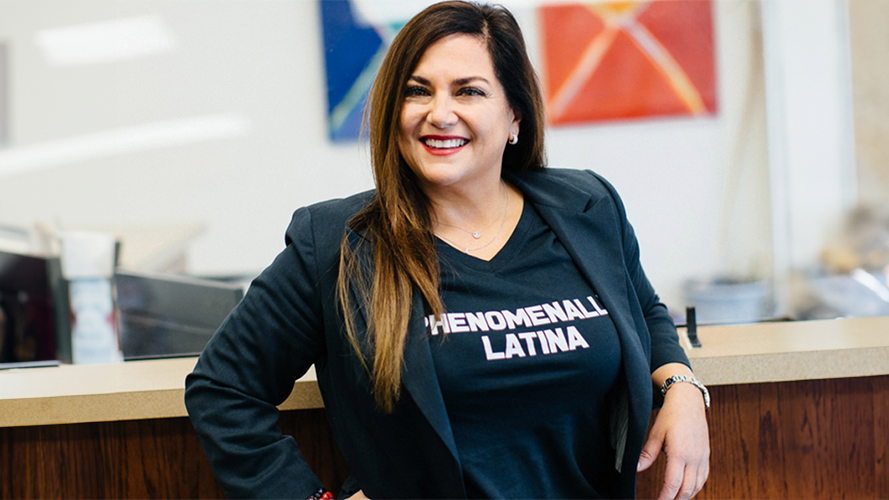Cultura
The Latino Center of the Midlands is a place where being Latino, Latina, or Latinx is celebrated. We’re a community center where culture thrives; a place where the door is open to everyone. Our community comes from many different countries and we created this page to celebrate that diversity.
Cultural Spotlight
I was born in Chalatenango, El Salvador, and at the age of eleven, I made the journey across the border to the U.S. In my culture, hard work and the challenges we overcome are deeply valued. One of my greatest sources of pride is our incredible food, which always brings me back to my roots. Something unique about El Salvador is that although it is small, it’s full of breathtaking beauty, with stunning places to explore!
Ruth Morales
Citizenship Instructor

Sayings and Slang
Voy a ir a mi arbolito – I am going to my tree (Guatemala)
As a phrase, it is another way to say you’re going to the restroom.
Se cree la última Coca Cola del desierto – They think they are the last Coca Cola in the desert. (Puerto Rico)
This refers to a person who thinks they are better than others.
El que oye consejos, llega a viejo. – He who hears advice, grows old. (El Salvador)
People who stop to listen to the advice of others enjoy a long life and good decision making.
cHILEAR – TO HANG OUT (Spanglish)
Most of our staff are bilingual, and at our office, you’ll hear a variety of Spanglish words. The correct phrase in Spanish is Pasar el tiempo (hang out).
¡Vamos a chilear después del trabajo!
¡Let’s go hang out after work!
Trailblazer
Jamie Gutierrez | Midwest Maintenance – Orgullo Empresarial Destino Award
Founded in a South Omaha garage in 1965, Midwest Maintenance Company, Inc. is now a leading multi-state building services contractor.
Since 1998, it has been Nebraska’s largest minority-owned business and has earned national accreditations as a Minority-Owned and Woman-Owned Business Entity.

